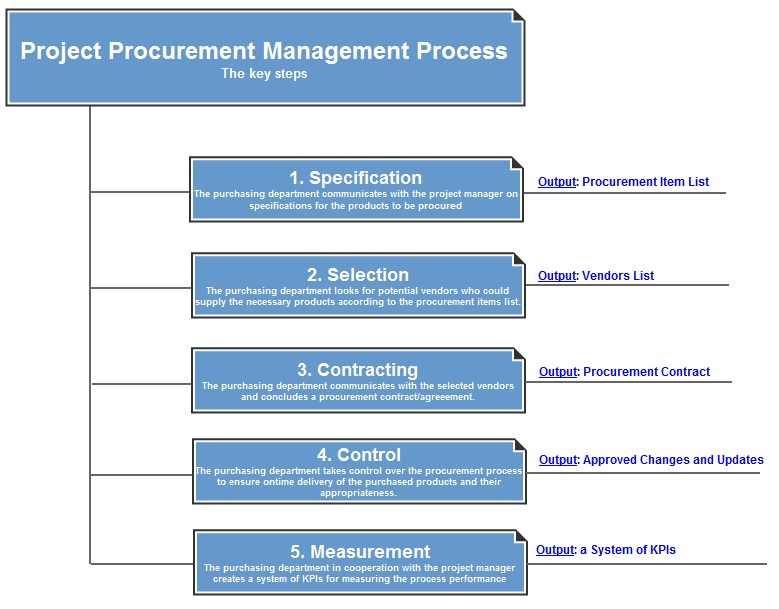How to Audit Your Digital Marketing Strategy

People spend 6 hours 42 minutes online each day. This is according to the digital 2019 report from Wearesocial and Hootsuite. The same report states that there are more than 1 million new internet users daily and that 45% of people in the world are on social media. Not only do these kinds of statistics give perspective to the reason why digital marketing is trending, but they also show that since most people spend their time online, businesses should venture into the digital world in order to increase their reach and make more money.
Aylin Cook, head of content marketing at Single Grain, sums this up rather clearly, “Everyone is online all the time, and digital marketing is crucial in reaching this huge audience where they are”, says Cook. This sentiment is echoed time and again by marketers with the relevant digital marketing training and years of experience.

Image by Wynn Pointaux from Pixabay
If you are to reach your customers, you need to be where they are and given the statistics above, using digital marketing strategies is the way that winning businesses are doing it. It is no wonder then, that 99% of the 501 digital marketers surveyed by “the Manifest” said that their companies intended to increase their investment in digital marketing in 2019.
Which digital marketing strategies should you choose?
Digital marketing strategies are many, and they can vary from one business to the next depending on the goals that each company holds most important.
For example:
GoPro’s digital marketing strategy
GoPro’s strategy relies on user-generated content to spread popularity for the company’s action cameras and video editing software. Through the videos, GoPro has generated more than 7 million subscribers for its official GoPro YouTube channel.
Delta airlines’ digital marketing strategy
Most companies have a twitter handle or FaceBook account and although most of these companies will use their social media accounts to engage and inform customers, it takes tact and commitment to not only post regularly but to also post content that is emotionally engaging. That is what Delta Airlines does:
- They post regularly. Being an airline, they know that they must post content daily.
- They post emotional content. Their touchy-feely topics suggest they know that emotional content will get people to click, like and share. Take the post below for instance. While it has nothing to do with flying, it humanizes the company and portrays it as a place that employees are so proud of, to a point where they want to show it to their kids. Not to mention, it shows that Delta Airlines is “not all work”.
Delta airlines employees are at the heart of the company’s social media strategy. Allowing employees to be part of a company’s social media strategy is a great way to gain customer trust.
These are just two examples, but they illustrate that a digital media strategy is not set in stone. The strategy for your company can be different from that of your competitors if you have the following elements in place:.
Steps for choosing your digital marketing strategy
#1. Create buyer personas. Research and gather information about the demographics, goals, interests, and challenges of your ideal customer.
#2. Set marketing goals, identify the metrics to help you track goal achievement, and invest in tools for tracking and measurement.
#3. Identify the digital assets you want to make up your digital marketing strategy. Digital assets can include:
- Owned media. This refers to digital assets under full ownership and control of your company, such as your website or blog.
- Earned media. This refers to followers or brand ambassadors earned organically through activities such as trade shows, webinars, content marketing, among others. Your earned media are instrumental for sharing your content and word of mouth marketing.
- Paid media. This refers to channels that you pay for in order to get more visibility.
#4. Once you assess these digital assets, audit what your company is already doing and then build on that effort or scale back. We will discuss how to audit your digital marketing strategy further below.
#5. As well, figure out how different elements in your marketing strategy can work together. For example:
- Example 1: Say you have published a whitepaper on your blog, but you are concerned it’s not generating leads. You can use a combination of email marketing, social media and lead magnets to increase lead generation. Send the white paper to your email list, get your existing social media followers to create share it, and use lead magnets to encourage visitors to download the whitepaper.
- Example 2: Suppose you post some content on Facebook. Your goal is increase sales for your new product and to make sure this happens, you include a URL in your FaceBook post, directing traffic to a landing page for your new product. If you want to generate more leads on top of what the post will generate organically, you can pay to boost your Facebook post.
While assessing what to include or exclude from your digital marketing strategy, it’s important to keep only the channels that are most popular with your audience. The last thing you want is a strategy with too many channels that consume your budget, time and human resources.
How to Audit Your Digital Marketing Strategy
We mentioned above that when choosing your digital marketing strategy, an important part of that process is conducting an audit. This means you must inspect all your digital assets, the practices you use to market on those assets and the results from each marketing campaign.
Below are some relevant questions to guide you while auditing different elements of your digital marketing strategy. The answers to these questions will help you to refine your approach for better results.
Auditing content marketing
You probably spend a lot of time creating content, but have you ever stopped to check whether your efforts are paying off? Ask yourself:
- What do you want to achieve with your content? Have you achieved that goal?
- Which of your content performs best? Which one has the most impressions and engagement?
- Are you doing anything to boost the reach of your most-shared content?
- Do you have old, but useful content that you are not making the most out of?
- Is any of your content low quality? If so, can you improve on it and repost it?
Auditing your social media marketing strategy
You may have heard of brands with millions of subscribers or followers. You may want this kind of brand recognition but what you may not realize is how difficult it is to get millions of people to follow you. It is tempting to benchmark yourself against such brands, but you stand a better chance of success if your social media marketing goals are realistic and if you track the right metrics.

source: pixabay.com
Your audit should ascertain:
- What are your social media marketing goals? Are they realistic and measurable?
- Have you been getting any traffic from your social media activities? Has it risen or dropped?
- Do you generate more new visitors or repeat visitors? Are the repeat visitors acting as brand ambassadors? Are the new visitors bringing in more business?
- Are you getting the level of engagement from social media that you would want?
- Are any of your social media leads converting on your website?
Auditing SEO
First off, have you done any SEO work on your website? If not, start by doing some SEO work and then conduct this audit weekly, monthly and quarterly. If, however, you have done SEO before, find out:
- Has the ranking for my website improved? If not, your SEO strategy is not working, and you need to figure out why.
- How and when does ranking fluctuate?
- What are the best performing keywords for my website and for my industry?
- I’m I using any non-performing keywords?
Auditing your website
Your digital marketing efforts should direct traffic to your website. As your website is where you conduct business, you should audit it regularly to ensure that performance is not dipping. Below are some relevant questions to guide your audit:
- Is the loading speed slow or fast? Slow speeds will put off visitors.
- Are all elements in the pages loading properly?
- Is the design easy to navigate?
- Are my articles up to date? Are they generating any comments? Have I responded to those comments?
- Is the page content up to date?
- Do I need to rewrite the metadata?
Conclusion
A digital marketing audit will help you take stock of where you are and where you are headed. It’s important to mention that an asset that doesn’t target an accurate persona is doomed to fail. So is a strategy full of loopholes. By thoroughly inspecting all your assets and marketing approach, you take comfort in the fact that:
- You are making use of digital assets relevant to your buyer persona/s?
- There are no loopholes in your strategy.
The world of digital media can be complicated to navigate, which is why we recommend taking our digital marketing course to help you make better marketing decisions for your business.
















